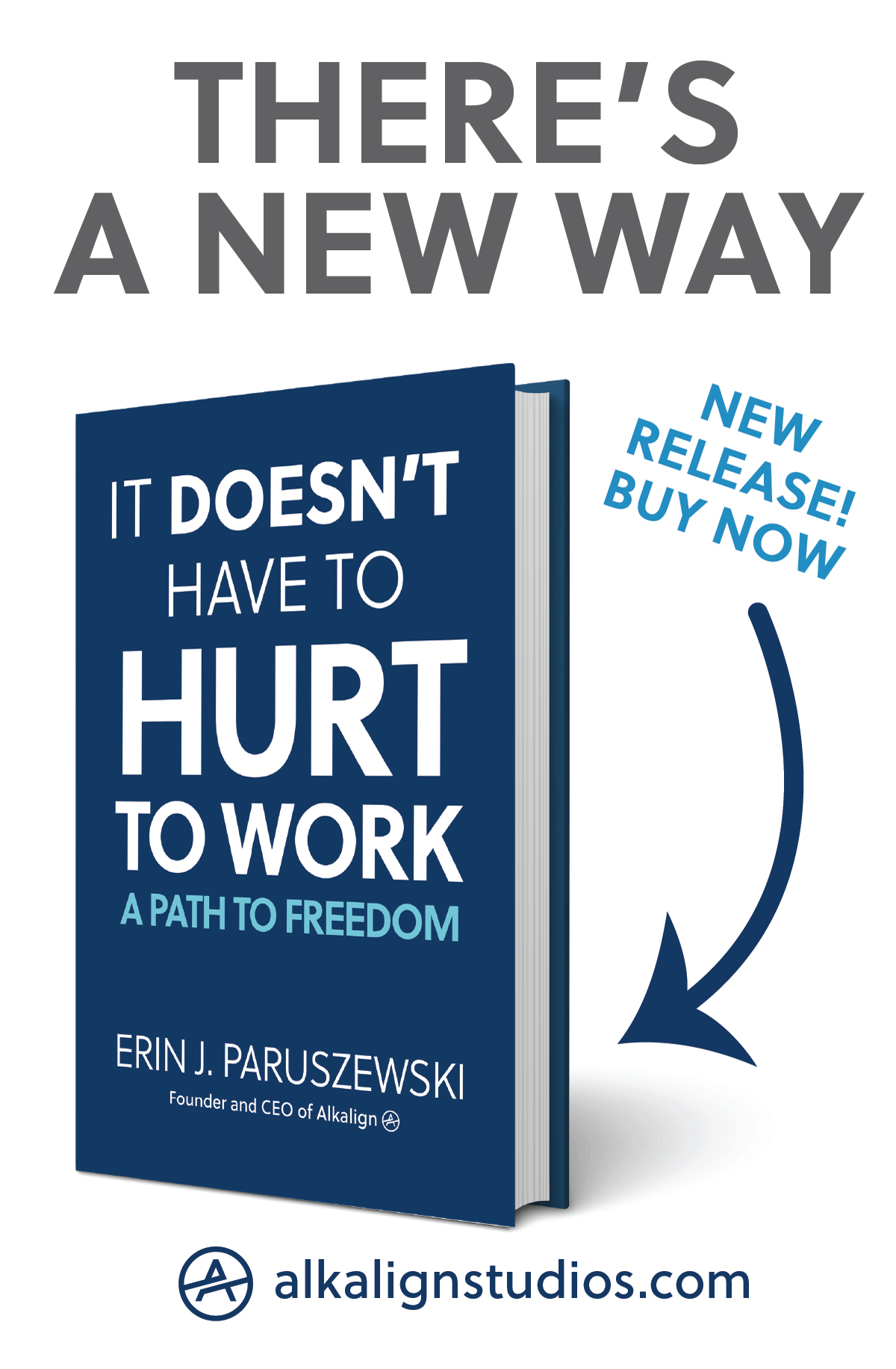Originally published on June 13, 2023 in the Los Altos Town Crier
The term “intermittent fasting” has become prevalent over the past decade. Intermittent fasting is an eating plan that cycles between scheduled periods of fasting and scheduled periods of eating, also known as “eating windows.”
The concept is simple and nothing new. Fasting, in some form or another, has been around for centuries and has been practiced for different reasons. However, the recent increase in popularity and adoption of intermittent fasting is due to its promised positive health outcomes.
There is a lot of information out there about intermittent fasting that can be both overwhelming and polarizing. Following is an abbreviated attempt to summarize the “what” of intermittent fasting and synthesize the plethora of information into a succinct and informative format. This information is educational in nature and is not intended to serve as medical advice. Always consult your doctor before making changes to your health practices.
There are many definitions of “fasting,” including time-restricted and day-restricted eating, and a combination of the two. Fasting can be as simple as not eating between dinner and breakfast, or the fast can be longer and more involved. A 16:8 is a common fasting schedule, meaning you fast for 16 hours and consolidate any eating into an eight-hour window.
There is also 5:2 fasting, which means you eat normally five days a week and eat a restricted number of calories the other two days. In addition, there is alternate-day fasting, which means you alternate eating normally with eating either nothing or eating very minimally. Intermittent fasting is shown to have many potential benefits. When combined with a healthy diet, intermittent fasting may improve insulin sensitivity, blood pressure, cholesterol, focus and sleep. And, most notably, people intermittently fast to lose weight. The theory behind fasting is that when you give your body a break from its primary source of fuel, glucose, it turns to the secondary source and starts metabolizing fat. This not only helps with weight loss, but also can help curb cravings, provide more sustainable energy and reduce inflammation in the body.
However, fasting isn’t ideal for everyone, and there are potential risks, including under-fueling, especially before a workout, feeling dizzy or light-headed or overeating during the eating window. It can also be dangerous when combined with certain conditions or medications. The biggest risk, and the one I see the most in the fitness industry, is disordered eating. Unfortunately, intermittent fasting has become a socially acceptable way for people to skip meals and under eat, which can be physically and hormonally devastating, as well as lead to a disordered relationship with food.
Is intermittent fasting right for you?
Review the following information before determining whether to pursue an intermittent fasting plan. As with all diet and exercise trends, different things work for different people. There is no one-stop shopping that universally works for everyone. Know your body and your “why.”
- Fasting between dinner and breakfast (also known as the 12:12) is generally regarded as a safe practice, as your body needs time to rest, digest and restore.
- Prolonged intermittent fasting (that is, 16:8 or all day) is generally found to be more effective for adult men and postmenopausal women.
- Intermittent fasting is not recommended for pregnant and nursing women, children and adolescents, or for those with hypoglycemia or diabetes.
- Intermittent fasting is not recommended for those with a history of eating disorders or disordered eating.
- Intermittent fasting is more complicated in premenopausal women and is not recommended during the third week of one’s cycle, as it can disrupt the production of progesterone. Consult your physician for guidance.
- Fasting 16-plus hours is a stressor on your body. It can be a healthy stressor if done in moderation, but it can also put the body in a protective state. Too much fasting or undereating can cause your body to slow down, including metabolism, thyroid function, sex hormone production and digestion.
If you are considering intermittent fasting, remember:
- Consult with your health practitioner. Do not fast for more than 24 hours. When your body goes into starvation mode, it may start storing fat for fuel versus burning it.
- Hydrate. Your body is made up mostly of water, and 20% of your daily intake comes from food. When fasting, you need extra water to compensate. You can also drink other zero-calorie drinks like coffee or tea, but recognize that they can be dehydrating so you may need extra water to compensate.
- Eat nutrient-dense, nourishing foods. Fasting is not permission or justification to eat whatever you want when you break your fast.
- Pay attention. Just because something works for a while doesn’t mean it’s going to serve your best interests longer term. You may have to adapt your practices over time.
Erin Paruszewski is founder and CEO of Alkalign Studios and the author of “It Doesn’t Have to Hurt to Work.” Email questions and comments to erin@alkalignstudios.com.



